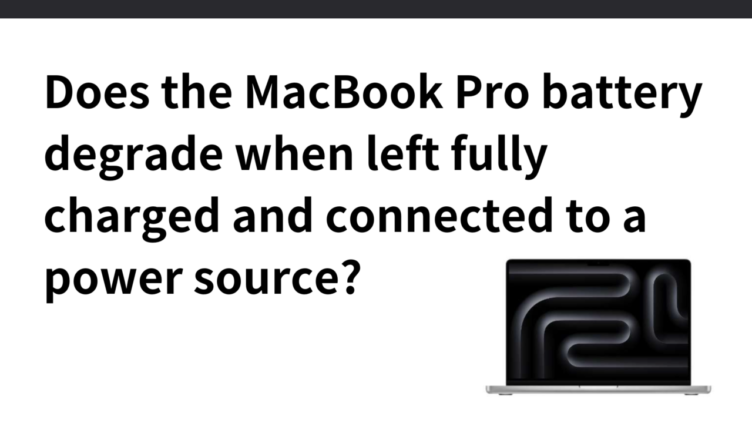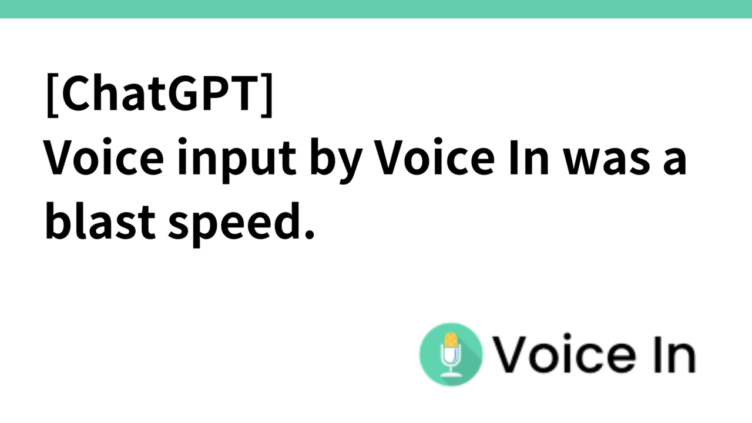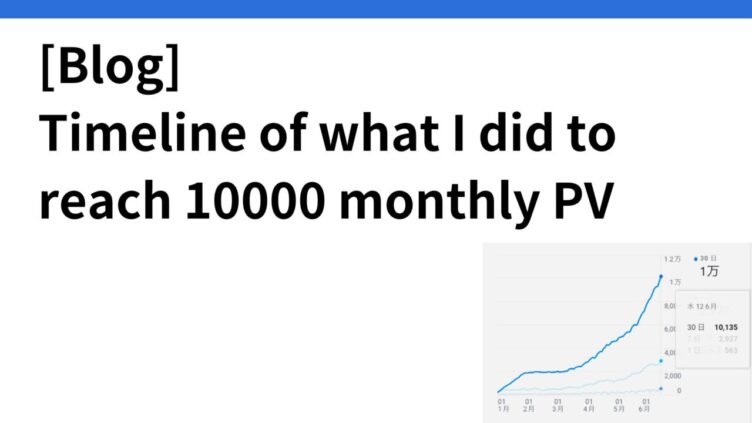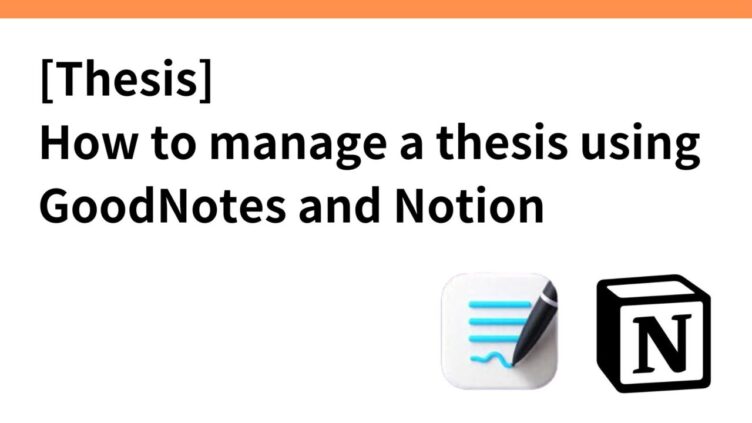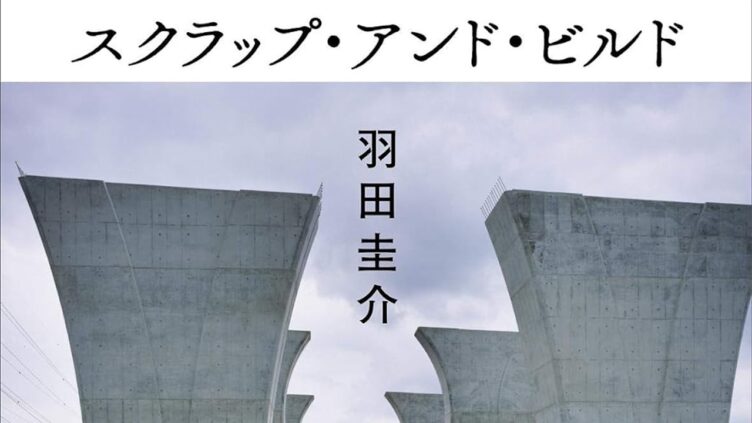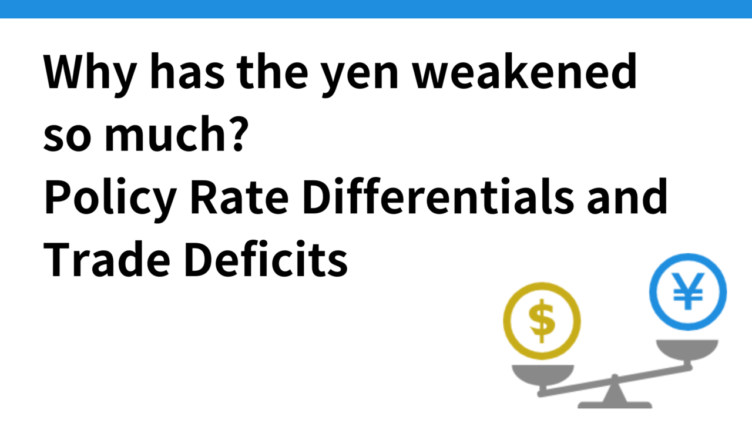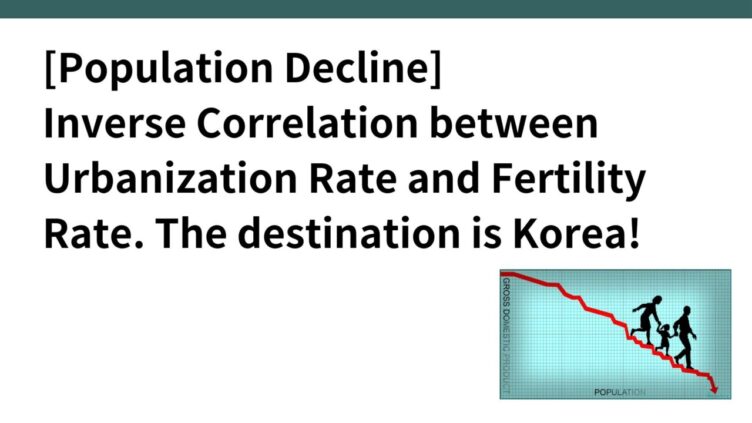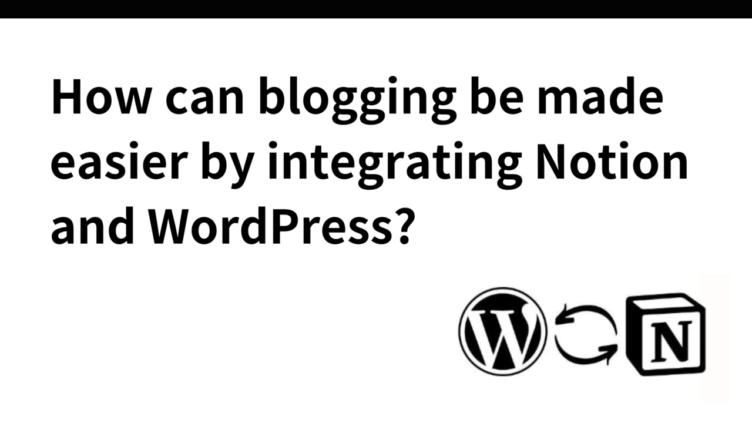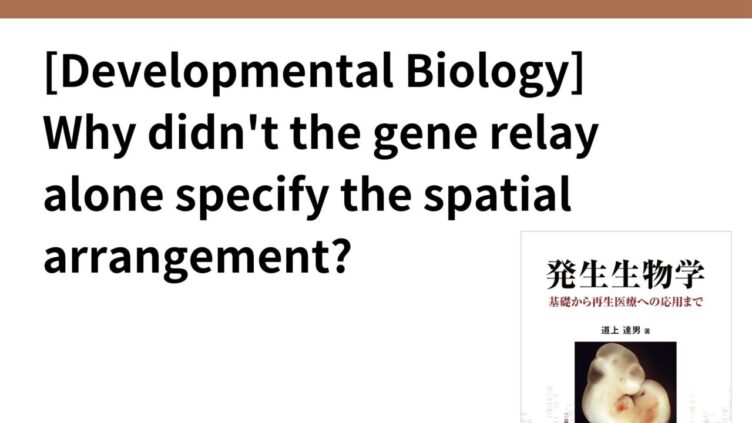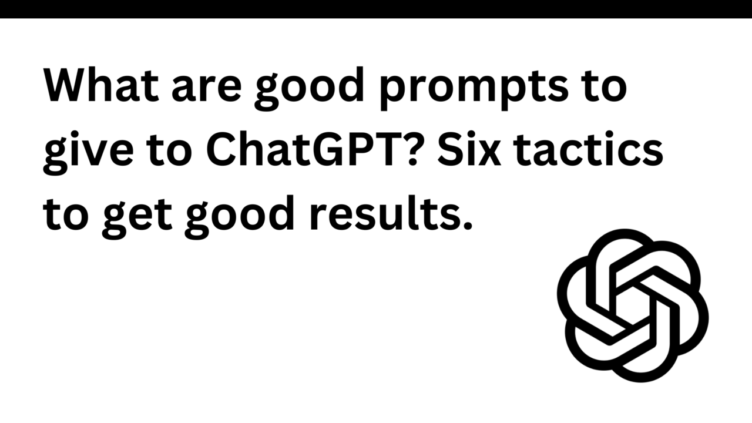
What are good prompts to give to ChatGPT? Six tactics to get good results.
Six tactics for getting good prompt results, as described on the OpenAI official website: write clear and specific instructions. Specify personas. Use delimiters to clearly indicate different parts of the input. Specify the steps required to complete the task. Provide examples. Specify desired length of output.
